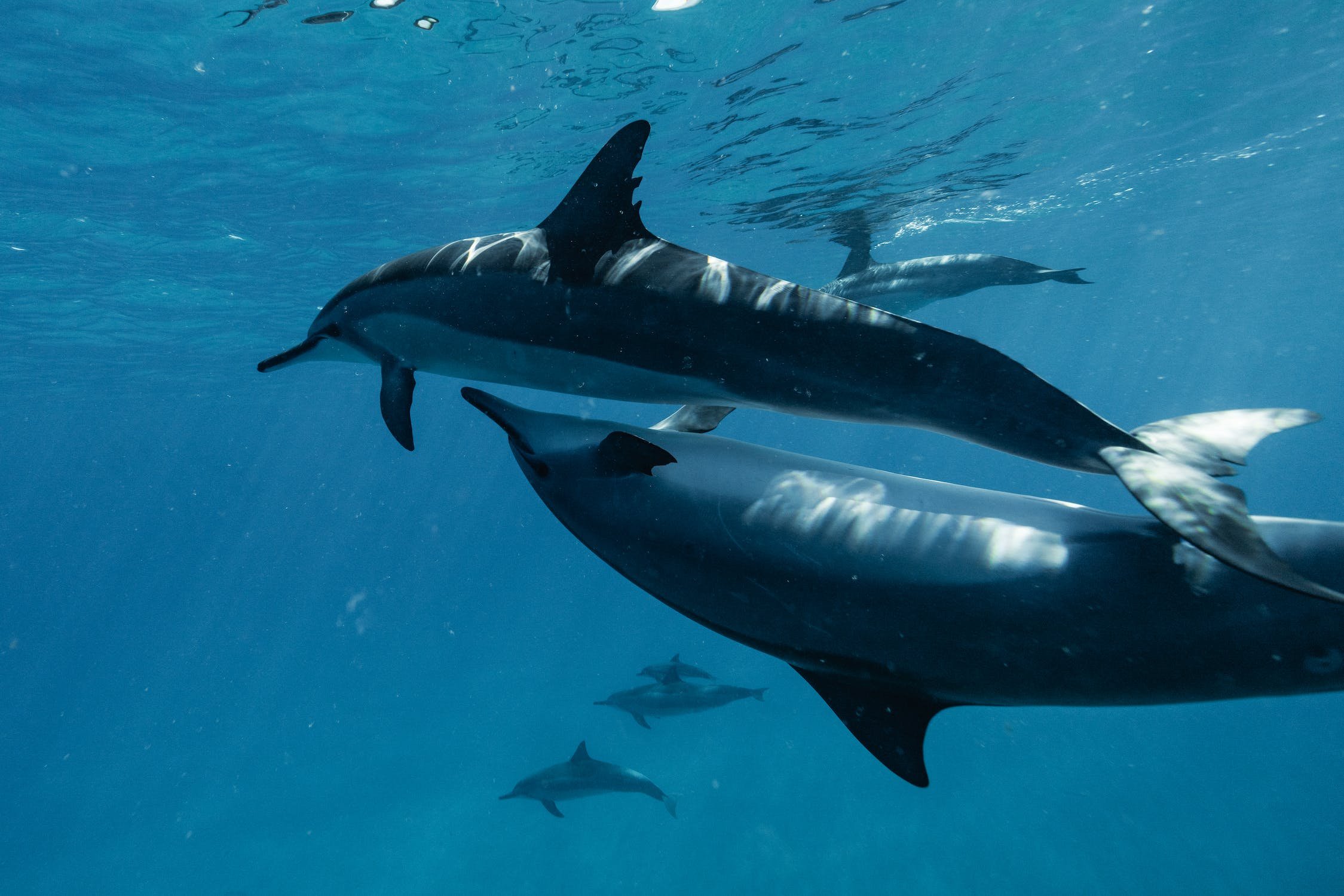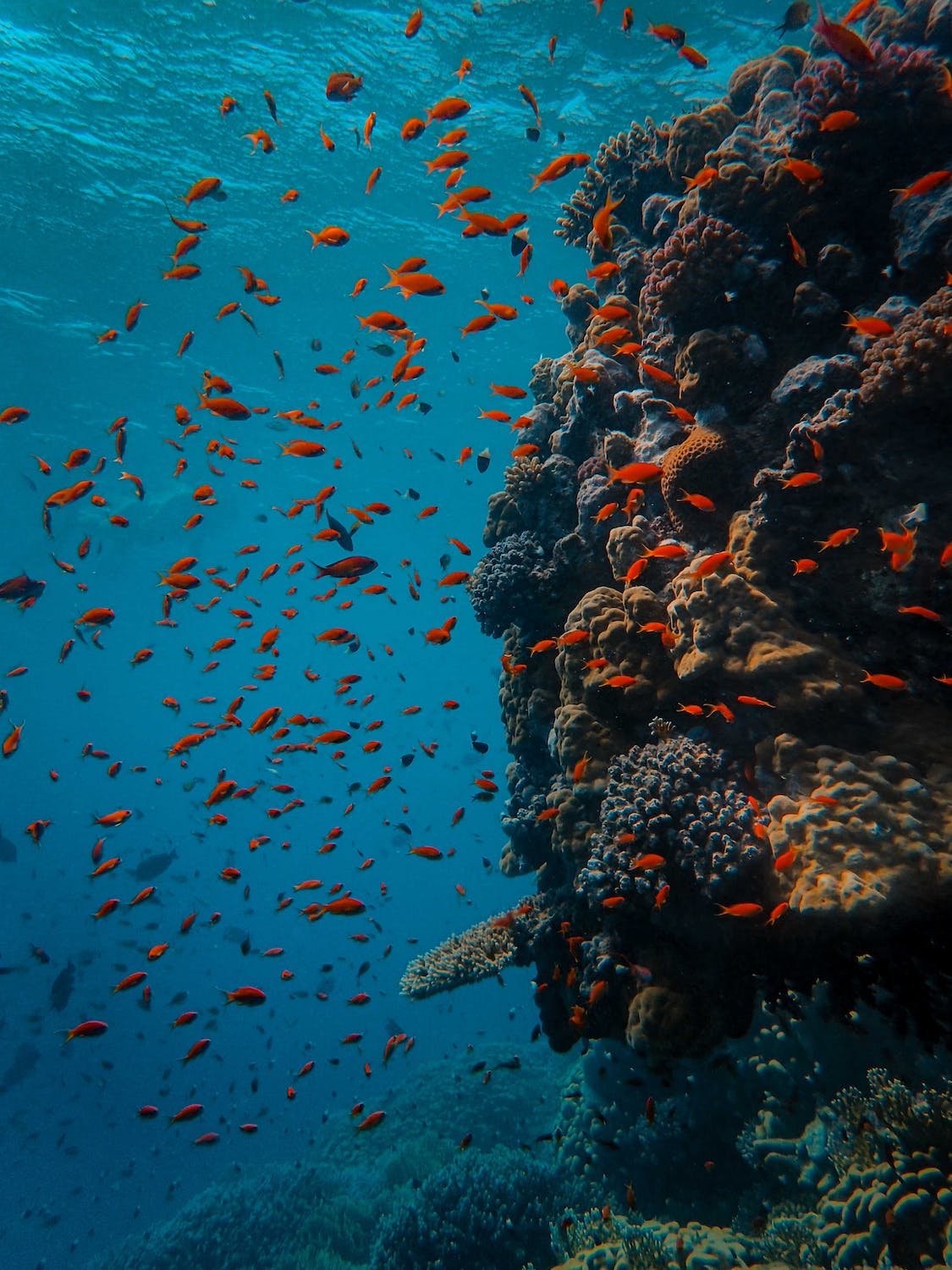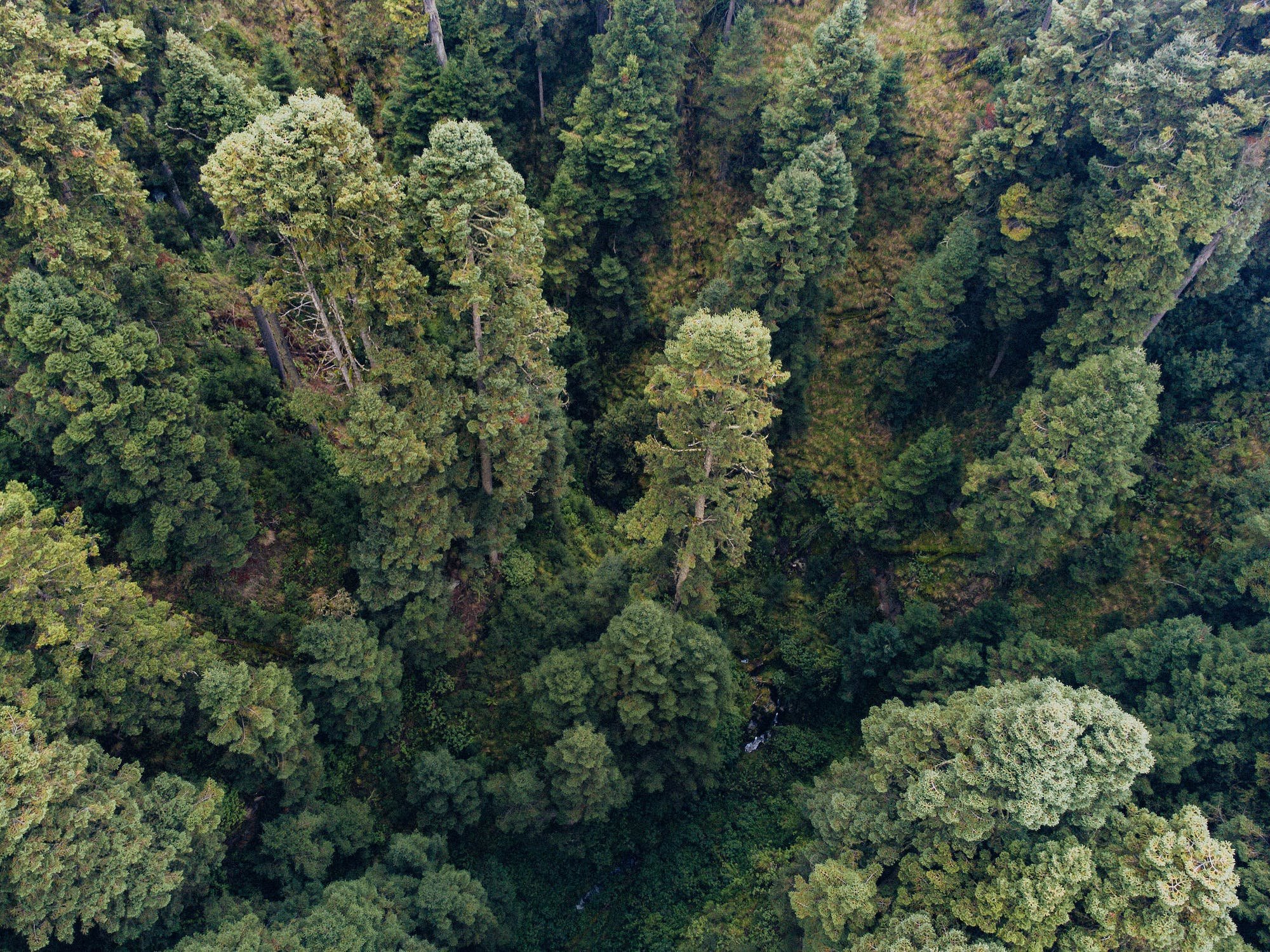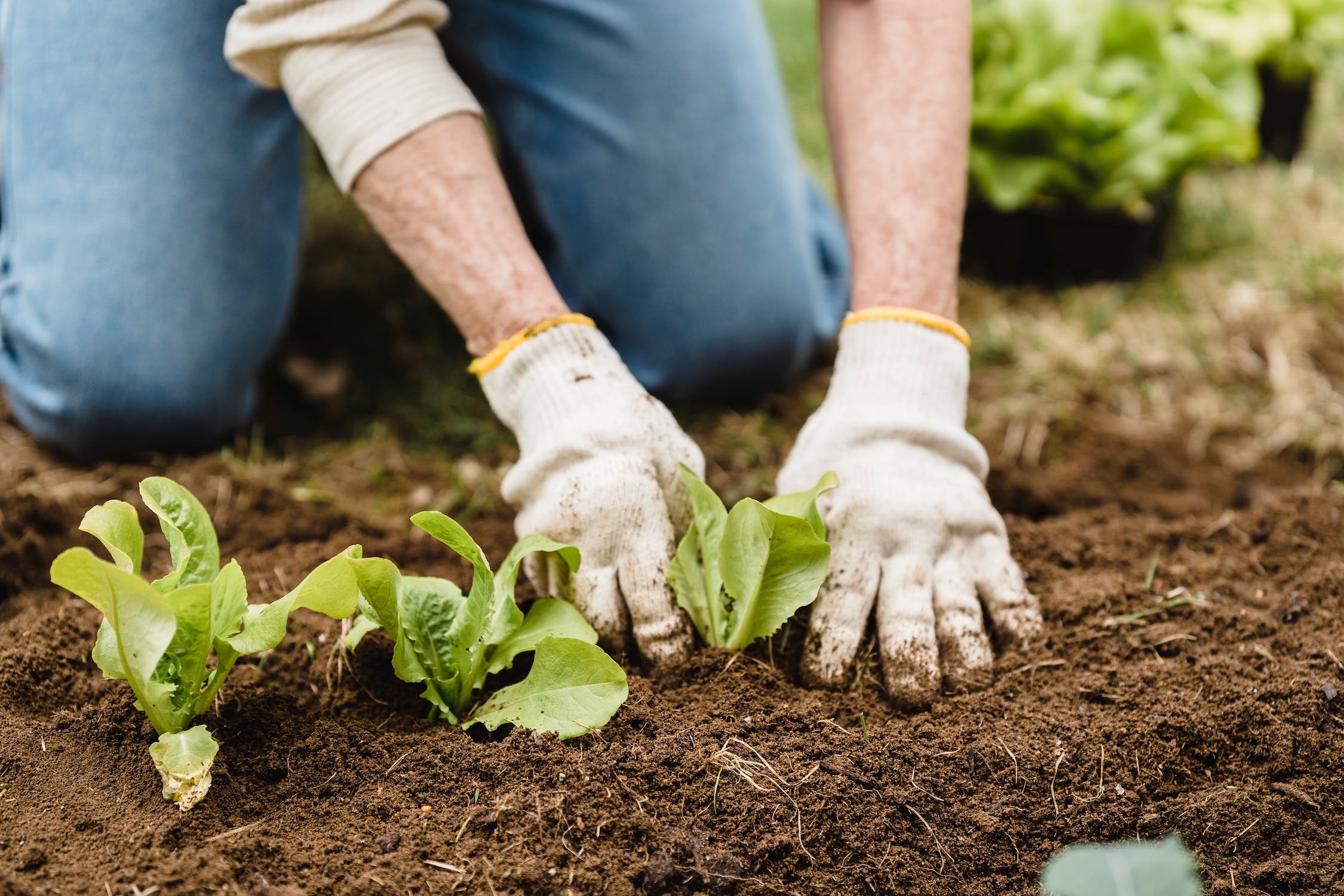
Our pilots bring research and innovation to life
GoNaturePositive! Pilots are designed to bring research and innovation to life. We showcase real-world challenges and opportunities and demonstrate the measurable contribution of project interventions. We aim to compile and synthesise collective knowledge and insights on economic change and create a manifesto for transformational leadership and co-creation.
GoNaturePositive! adopts a dual strategy, focusing on actions to demonstrate the potential of nature-positive sectors such as agroecology and green buildings, and in parallel, high-impact actions to benchmark the performance of mainstream businesses on nature-positive criteria and support them to put in place transition strategies.
Pilot projects
PILOT 03
Food systems
-
Transforming food systems
-
Agro-ecology | Regenerative agriculture
-
Local: Flanders
National: Belgium.
Outscale: the goal is to outscale by countering networks in the Netherlands and Wallonia (Belgium), as well as in partner countries in East Asia, Africa, and South America. -
The global food system is the primary driver of biodiversity loss fuelled by the “cheaper food paradigm” which has led to an intensification of the global food system. Current agriculture systems have been identified as a threat to 86% of species at risk of extinction. The EU has invested significantly in agro-ecology as “a holistic approach that relies on and maximises the use of ecological processes to support agricultural production” aligned at the intersection between the Farm to Fork, CAP and Green Deal strategies to transition toward a sustainable farming sector in Europe. However, for several decades this transition remains a deeply divided topic, where farmers fear negative impact on income and livelihood, and environmentalists fear nature continues to decline.
-
Increased awareness of the NP impact of agro-ecological enterprises and integration of partners (SE Asia, Africa and South America) in roadmaps.
Capacity building of agro-ecological SME’s
Contribution to the transformation of Flemish conventional agribusinesses towards agro-ecology
PILOT 04
Forestry
-
Ensuring NP practices in carbon insetting transition in the forestry sector
-
Sustainable forestry
-
Local & Outscale: from 5 full demonstration to 500 companies in the forestry sector (global forestry supply chain)
-
Forestry is among the land use sectors that account for almost a quarter of global GHG emissions and an estimated 60% of pressures on terrestrial biodiversity.
Traditional approaches focusing on due diligence and sustainability certification in their supply chains are not enough to achieve the required transformation (scale, speed).
The pilot aims to promote the application of NP approaches through insetting within forestry-based companies value chains to contribute to achieve restoration goals and transform the sector. It will build awareness and capacity by developing and implementing a rigorous, high-integrity product labelling and certification system for forest products sourced exclusively from areas with verified positive impacts on biodiversity, water, carbon, and other ecosystem services. The main challenges are the right metrics for measuring impacts and mitigation actions, and scale value chain restoration and regeneration interventions. -
Increased knowledge about NP in carbon insetting, capacity-building and awareness raising with firms
Co-development of claims with FSC and label for forest goods from areas managed for verified positive impacts on multiple ecosystem services-
Sector guidance on implementing AFOLU NP through insetting and NBS (whole value chain)
PILOT 02
Apiculture
-
Apiculture for local economic development
-
Apiculture | Support to organic regenerative agriculture
-
Local: Metropolitan Area of Aburrá Valley.
National: Colombia
Outscale: South America, Global South, Africa, EU -
The Food and Agriculture Organization (FAO) of the UN estimate that a third of the world’s food production depends on bees. Beekeeping also provides an important source of income for rural livelihoods. Forbes put a market cap of $20 billion on the honey bee identifying them ‘as the most valuable pollinator in terms of agricultural economics.’
However bee populations have been declining globally over recent decades due to habitat loss, intensive farming practices, changes in weather patterns and excessive use of agrochemicals. In Colombia, the Metropolitan Area of Aburrá Valley is leading a pilot system of pollinator protection. This involves setting up a network of Beekeepers in the Valley who are partially or totally dedicated to beekeeping as an economic livelihood.The incentives generated, such as training, allow beekeepers-relocators to improve capacity and volume, and to sustainably plant native species and resources for bees in their apiaries.
-
Outscaling of Aburrá Valley Apiculture programme in Colombia and South America
Increased awareness of NP concepts and indicators in agri-food chains. NP metrics in Apiculture
Improvement of agricultural practices mainstreaming biodiversity and ecosystem services
Better incomes for local communities, improved production and working in harmony with nature
PILOT 05
Green Buildings
-
Quantifying the NP potential of Green Buildings
-
Green Buildings
-
National: Austria, Czech Republic, Portugal
Outscale: Europe -
The buildings’ sector is one of the largest contributors to global greenhouse gas emissions, accounting for approx 18% of global emissions (UNOPS) . This report identified that climate adaptation measures in the building sector, such as ‘bio-climatic design, dry proofing, drainage, efficient heating and cooling systems, and integration of green infrastructure, can increase the resilience of buildings and reduce their vulnerability to extreme weather events’.
Developing green infrastructure in urban areas is a huge, long-term investment that needs strong and unified commitment from stakeholders at city, national and European levels. EFB has identified a data deficit inhibiting the mainstreaming of long-term planning and policy measures in support of green building infrastructure across the EU. Building on successful methodologies deployed to capture EU market data. -
Publish market report capturing the socio-economic potential of the green building industry in Europe
Demonstration of concrete implementation of NP indicators in green building industry value chains
Engage directly with policy makers across EU on reform of planning and policy instruments in favour of NP practices
PILOT 01
Blue Economy
-
Integration of NP indicators, policy and supports for innovative nature-based entrepreneurship and investment
-
Regenerative aquaculture | Ocean farming
-
Local: Regional West of Ireland
Outscale: Ireland, Norway, Europe -
The blue economy includes marine living resources (fisheries), marine non-living resources, marine renewable energy, port activities, shipbuilding and repair, maritime transport, and coastal tourism. Ireland’s Blue Economy, with more than 880,000 km2 of maritime coastline, is the country’s largest natural asset.
The Irish Government is currently preparing a cohesive and inclusive plan to tackle biodiversity loss and ecosystem degradation through the reform of Ireland’s Marine Protected Areas (MPA) network, committing to expand Ireland’s network of MPAs from 2% to 30% by 2030.
Increasing the MPA network will also have the benefit to promote the climate-change mitigation potential of blue carbon. Pilot Case 3 takes a regional focus across several ocean-related sectors, providing a demonstrator for other local and regional authorities with ocean borders to replicate. -
Roadmap for NP transformation of the blue economy in the West of Ireland integrated into policy
NP accounting practices integrating NP indicators
Improved methodology to employ NP valuation approaches, implemented by 10 regional actors
10+ NP enterprises, increased knowledge of investors understanding blue economy
PILOT 06
Tourism
-
Nature-positive tourism destination in Valsugana, Italy
-
Sustainable or Nature-Positive tourism
-
Local: Trentino region, Italy
Outscale: GSTC and CNEP -
Travel and tourism is one of six economic sectors with over 80% of its goods and services highly dependent on nature, making it intrinsically linked to biodiversity and nature (WTTC, 2022).
There is an increasing attention for sustainability in the sector demonstrated by the adoption of science-based targets and the creation of specific coalitions, the adoption of third-party certification (e.g., Global Sustainable Tourism Council certification) and the commitment to declarations, such as science-based targets for climate (SBTi, 2021).
Valsugana was the first in Italy to be certified for sustainable tourism according to the GSTC standard in 2019, thus well placed to test indicators and methodologies for assessing the NP approaches in the tourism sector. -
Increased knowledge about NP for sustainable tourism destinations and their actors
Sector guidance on how to implement NP methods through SBTN for nature guidelines, FSC (for the nature restoration projects) and GSTC
Increased number of NP tourism NBEs






